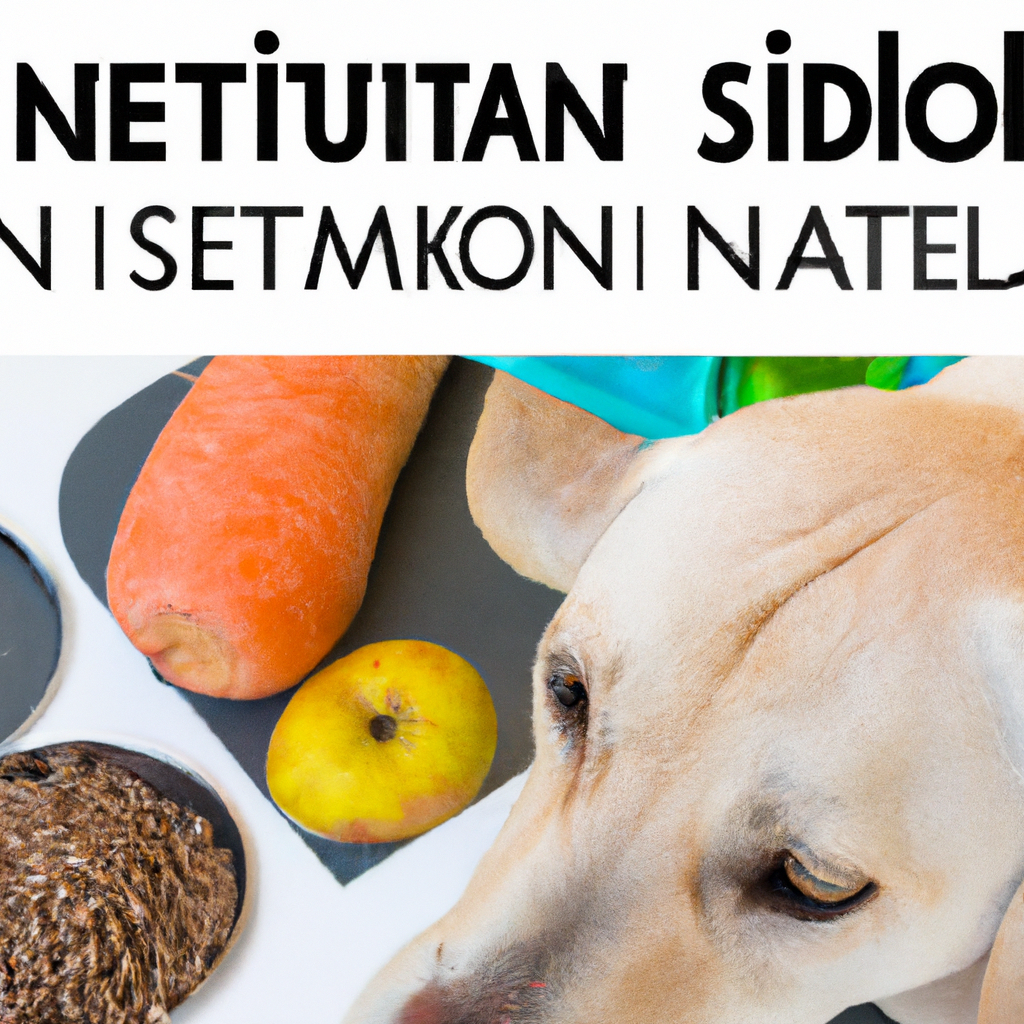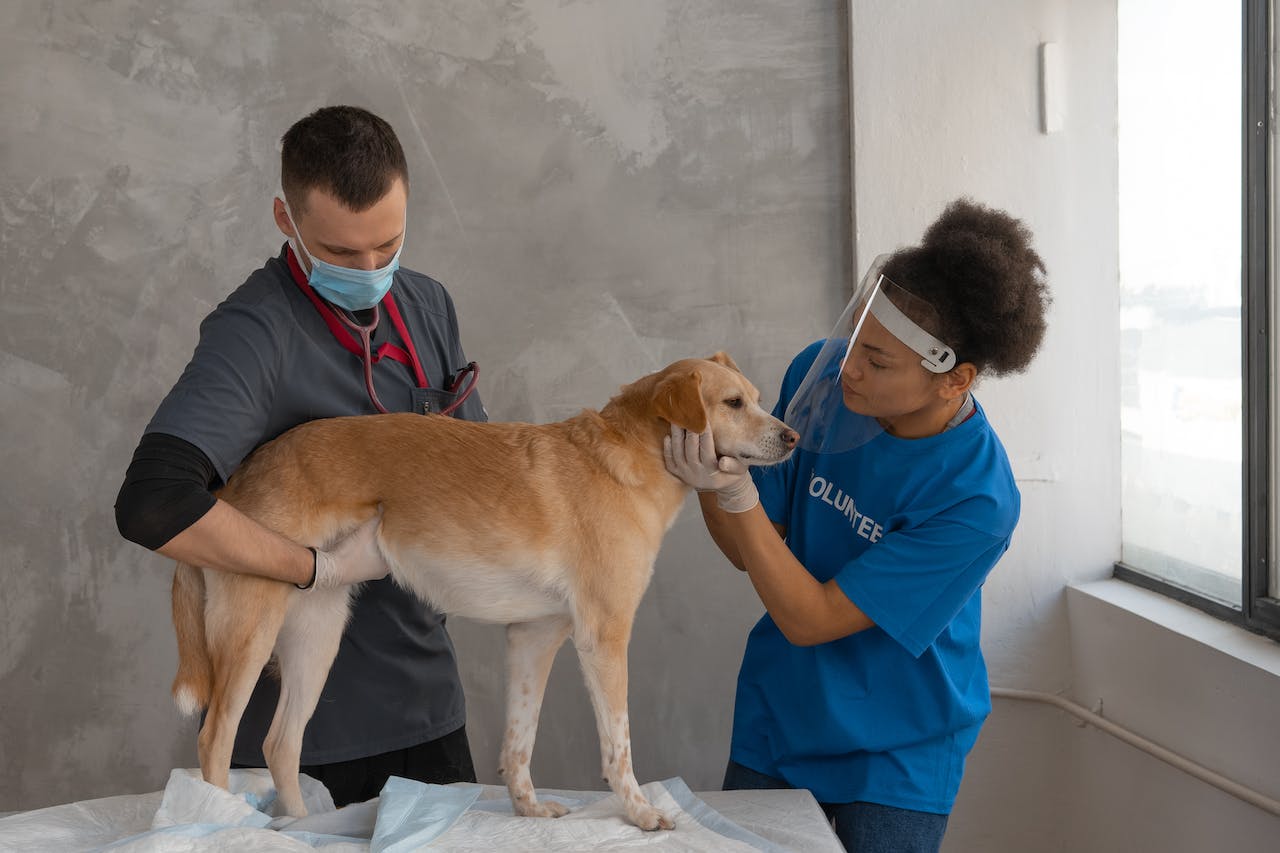The Role of Proper Nutrition in Preventing and Managing Skin Issues in Dogs
The Role of Proper Nutrition in Preventing and Managing Skin Issues in Dogs Introduction Just like humans, dogs can

The Role of Proper Nutrition in Preventing and Managing Skin Issues in Dogs

Introduction
Just like humans, dogs can also suffer from various skin issues that can be uncomfortable and even painful for them. These issues can range from dryness, itchiness, rashes, and infections. One often overlooked aspect of preventing and managing these skin problems is proper nutrition. Feeding your dog a balanced diet can play a crucial role in maintaining healthy skin and a shiny coat.
The Importance of a Balanced Diet
A well-balanced diet consisting of high-quality protein, essential fatty acids, vitamins, and minerals is essential for your dog’s overall well-being, including their skin health. Proteins are the building blocks of healthy skin and a lack of protein in their diet can lead to thinning of the skin and poor wound healing.
Essential fatty acids, such as Omega-3 and Omega-6, are crucial for maintaining the integrity of your dog’s skin. These fatty acids help reduce inflammation, improve skin hydration, and enhance the skin’s barrier function. Including sources of essential fatty acids in your dog’s diet, such as fish oil or flaxseed oil, can greatly benefit their skin health.
Vitamins and Minerals
Vitamins and minerals also play a vital role in maintaining healthy skin in dogs. Vitamin A, for example, helps regulate the production of skin cells, while vitamin E acts as an antioxidant, protecting the skin cells from damage caused by free radicals. B-vitamins are essential for proper skin function, and zinc helps with wound healing and immune function.
Common Skin Issues
Poor nutrition can contribute to various skin issues in dogs, including dry skin, excessive shedding, allergies, and dermatitis. These conditions can cause discomfort, itching, inflammation, and in severe cases, infections. By providing your dog with the necessary nutrients, you can help strengthen their skin’s natural defense systems and reduce the risk of developing these issues.
Consulting a Veterinarian
If your dog is experiencing ongoing skin problems, it is essential to consult with a veterinarian. They can perform a thorough examination, diagnose the underlying cause of the skin issue, and provide appropriate treatment options. Additionally, your vet can recommend specific dietary changes or supplements tailored to your dog’s needs to support their skin health.
Conclusion
The saying, “You are what you eat,” applies to our canine friends as well. Proper nutrition plays a fundamental role in preventing and managing skin issues in dogs. Ensuring that your furry companion receives a well-balanced diet with essential nutrients will help keep their skin healthy, reducing the risk of discomfort and promoting a shiny, lustrous coat. Remember, a healthy diet is one of the key factors in keeping your dog happy and thriving!







